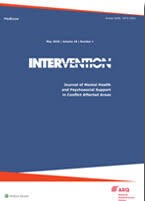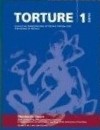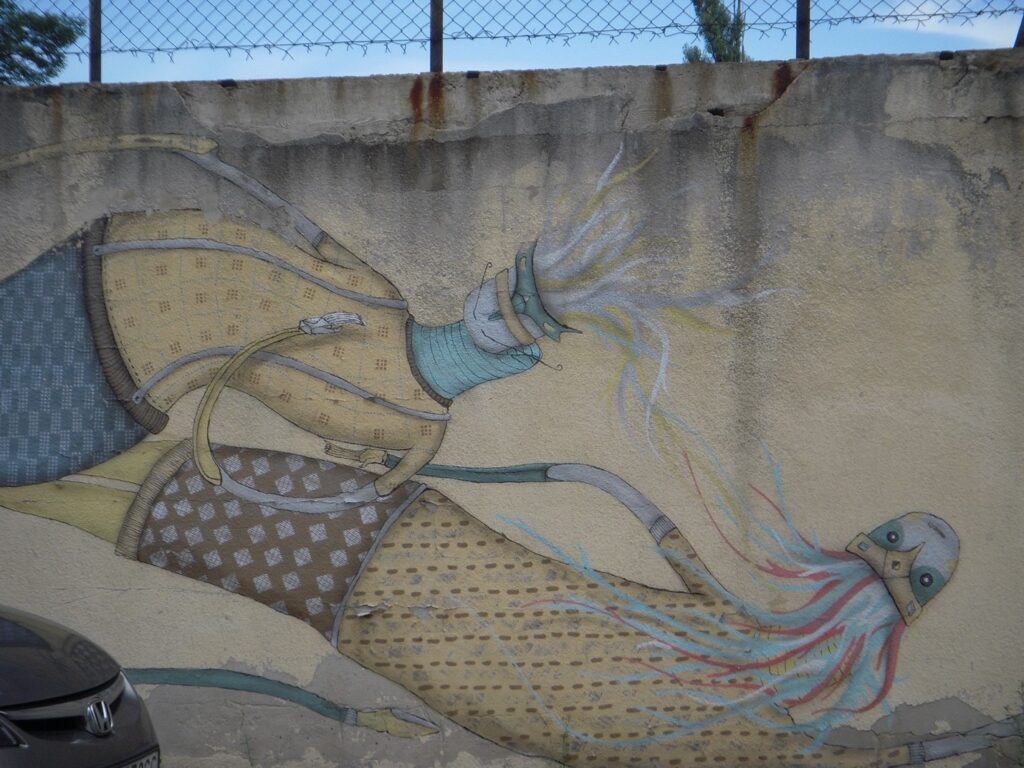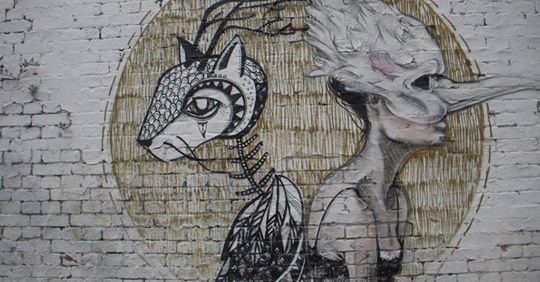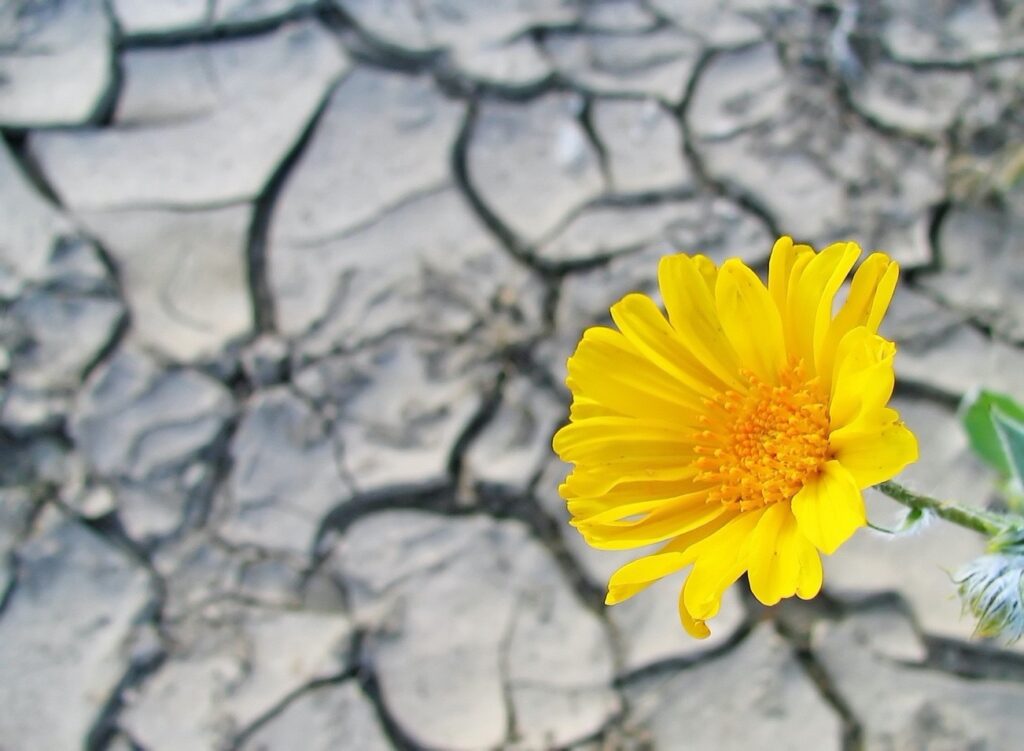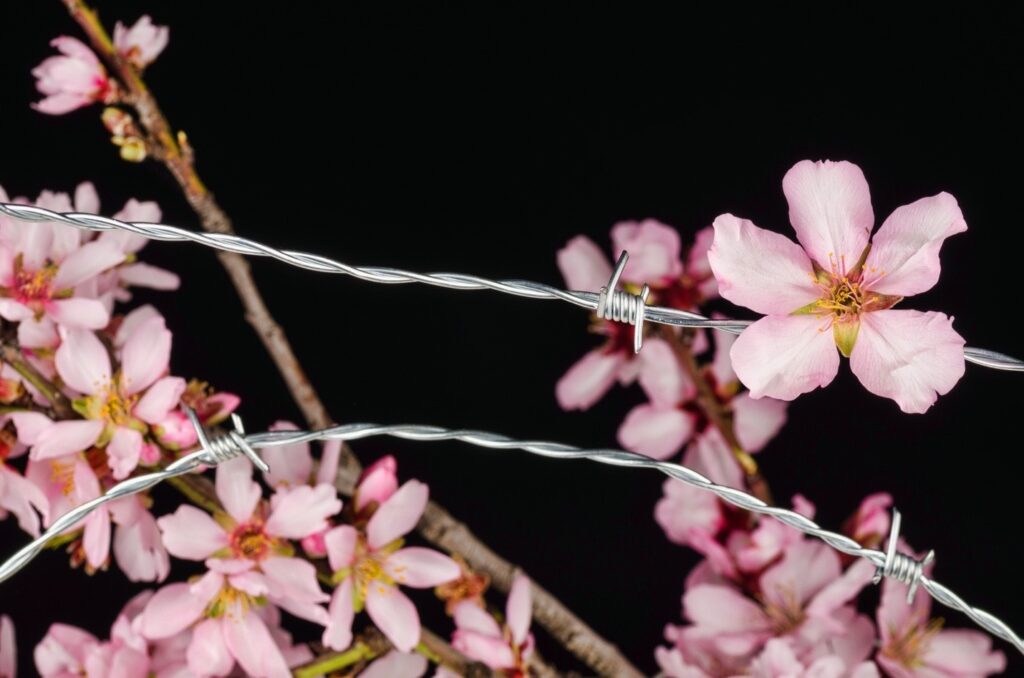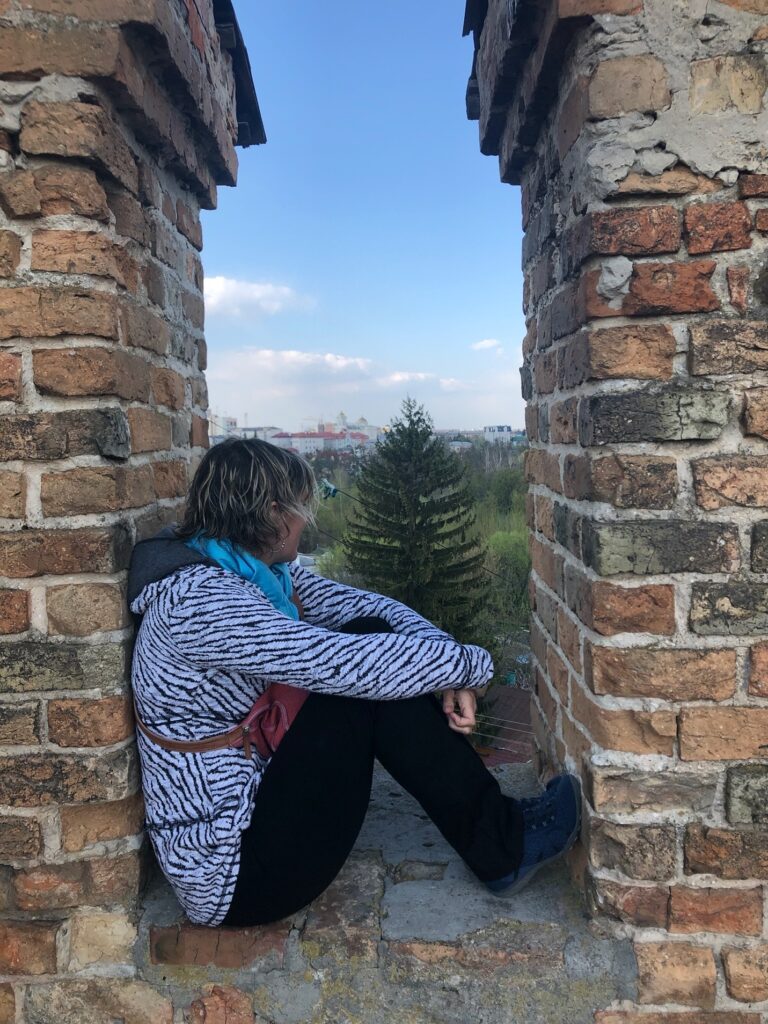Peer Reviewed Articles
Potocky, M., & Guskovict, K. L. (2020). Addressing Secondary Traumatic Stress: Models and Promising Practices. Grantmakers Concerned with Immigrants and Refugees.
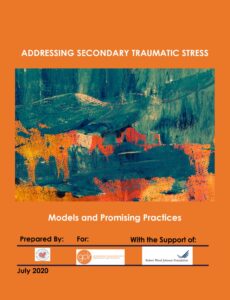
After developing the Helpful Response Questionnaire, Kristen and Miriam worked with case management programs across the United States to train front line staff in Motivational Interviewing.
After developing the Helpful Response Questionnaire, Kristen and Miriam worked with case management programs across the United States to train front line staff in Motivational Interviewing.
This article reviews current literature regarding the impact of avoidable stress and the impact of adaptation programs such as staff care and stress management plans on humanitarian work, and illustrates these impacts with a case example of a staff care program provided by HEART of Aid work to the Danish Refugee Council, an organization with approximately 300 employees working in Greece at the time the article was written.
Empathy is a key component of helping someone and considered an aspect of the spirit of Motivational Interviewing. Research consistently shows that clients who feel connected to their helper are more likely to improve. However, empathy is not always easy to use and maintain. This article reviews the development and validation of a tool to measure empathetic responses to common refugee circumstances, created by Kristen and her research partner Miriam Potocky.
Podcasts and Webinars
I was already burned out and now this
For many months now, U.S. refugee service providers and the clients we work with have been experiencing the collective stressors of COVID-19, police brutality and social unrest, and other current events. Already difficult work has become more difficult, and the risk of occupational hazards has increased. This webinar will describe practical ways that agencies and individuals working with refugees can address occupational hazards including burnout, secondary traumatic stress, vicarious trauma, and compassion fatigue. Participants will walk away with promising practices for responding to these hazards and will learn how to develop personal and organizational responses to distress
“I was already burned out! And now this?!” This is the first of a three part series, that Kristen hosted, at the At the invitation of the International Rescue Committee’s(IRC) Switchboard program. This 19-minute podcast featured co-host Dr. Minal Giri and looks at how people in helping professions (specifically those working with refugees and other immigrants) are managing their stress while also trying to continue to support their clients.
How Can Supervisors and Organizations Support Staff Care?
“Our organizations are generally so focused on the beneficiary that even in good times, our organizations don’t always take that step to think about their staff and think about their needs”. This is the third in Switchboard’s staff care series. Kristen co-hosted this 18 minute podcast was co-hosted with Adeyinka M. Akinsulure-Smith, Ph.D., ABPP. The podcast looks at how agencies in helping professions may need to adjust to support their staff during the COVID-19 Era.
Ask an Expert! Self-Care Q & A
“How can I feel safe during this uncertain time” This is the second in the three-part series created with the support of the IRC, Kristen co-hosted this 18-min podcast with Dr. Aprile Andelle, LMFT. Our conversation focused on commonly asked questions, regarding self-care during this pandemic.

“That genuine imperfect chaotic space that is life (or you) is exactly where you start” in The Do I need a Therapist Podcast is hosted by Dr. Aprile Andelle, Kristen introduces what to expect from trauma therapy and how to know if it’s time for you to seek out help.
Blog Posts
Preventing Occupational Hazards by Promoting Organizational Resilience
Preventing Occupational Hazards by Promoting Organizational Resilience is a companion guide to the ‘I was already burned out and now this’ webinar. It describes practical ways that organizations can promote resilience amongst staff, and how staff support impacts program delivery.
Well-being for service providers: How Can Organizations Support Staff through the COVID-19 Pandemic?
Those of us who work as providers are used to putting our clients first, working long hours and moving mountains to meet their needs. Because the work is unique, our organizations have a unique role in supporting us. This blog was written as a compliment to the IRC podcast series.
Well-being for Refugee Service Providers during COVID-19: Am I OK?
Stress is a normal part of life. But as stress gets worse, our thoughts and reactions tend to become more severe. This blog will look at how to identify when its time to increase self-care activities, it will also provide suggestions for self-care activities. This blog was written as a compliment to the IRC podcast series.
Refugee clients are experiencing extreme stress and distress during this pandemic. As their needs are increasing resources to support them are decreasing. That places an additional level of stress to refugee service providers, who are already struggling with their own pandemic increased stressors.
Comparison is the Theft of Joy
“Comparison is the thief of joy” – Theodore Roosevelt.
Sometimes, in this line of work, it feels like there’s no room to feel empathy for each other. Recently, I was on the phone with a colleague, describing some of the challenges I was facing. Her response was to tell me about some of the ‘more difficult’ challenges faced by someone else. Her goal was to help me with perspective. But that’s not what it felt like…
Early Warning Indicator- Burnout Ahead!
Burnout is tough, in part because when we are really in it, we may not know and if we do, we may not feel like we can do anything to feel better. By developing a personal early warning system, we can identify stress before it gets out of control and steals our joy.
Fostering Resilience: The importance of staff care programs what to do when they are not available
Although agencies carry a large responsibility for providing staff wellbeing programs, staff also carry a responsibility for their wellbeing. With several simple steps, such as reducing exposure and creating routine we can decrease our vulnerability to burnout. Not sure what reducing exposure and what creating routine would look like for you? Read more.
Choosing Between Trust and Fear
In a fear based society, it is easy to vilify and to dehumanize people who seem different from ourselves. It takes an active choice to look at the ways in which people are similar and the ways in which people are kind to each other, in addition to the fear focused information we are often exposed to. Personally, I would rather enter with trust, and sometimes be disappointed by people’s actions then assume everyone is out to harm me.
Taking Decisive Action to Start Healing From Trauma
As a therapist, I am often the first person that someone discloses their traumatic experiences to. It is a profound experience to watch someone begin to put down the burden of their trauma. They are taking a decisive action to face the challenge of what they’ve experienced. Taking a decisive action like my clients have, and like Dr. Ford did during the congressional hearing regarding the appointment Judge Kavanaugh, is identified by the American Psychological Association as a way to build resilience.
Overcoming Burnout & Fostering Resilience with a little help from your friends
I’ve learned that people will forget what you said, people will forget what you did, but people will never forget how you made them feel. — Maya Angelou
Friends near and far are a major resource for each of us. Connecting and reconnecting with them can foster resilience, and (as it did for me) help overcome burnout.
Wonder woman, Yogi or stressed out woman
Sometimes we can surprise ourselves. This article describes a personal experience of surprising myself.
Burn out, secondary stress, and vicarious trauma are the direct result of the work we do. Listening to people who have been harmed can be damaging. When it is, these occupational hazards creep into our everyday lives and make us miserable. They can cause relationship strain, nightmares, increased drug and alcohol use, decreased sense of purpose and an overall decreased sense of joy in life. To avoid these hazards, we work on building boundaries and practicing good self-care and maintaining balance. These skills help us to keep our lives separate from the lives we support through our work and keep us safe from these occupational hazards.
Managing Stress in Humanitarian Work
Self-care is a core principle of social work, and is critical for effective work with migrants and refugees. Yet, it is not universally practiced within humanitarian agencies serving these populations. Stress management requires responses at both individual and agency levels.
